A stroke is a medical emergency, and prompt treatment is crucial. Early action can reduce brain damage and other complications.
Overview
This is a bitter truth. but thankfully, there are a wealth of foods out there that can help you stave off a stroke as you age. Have you ever heard of the famous Hippocrates quote, « Let food be thy medicine, and medicine be thy food? » It’s time we start following that advice. and then eating more foods that help fight against heart attacks and strokes as best we can. However, it’s important to identify that food alone cannot prevent stroke. but you can absolutely decrease your chances of having one by making positive changes to your diet.
« No one food can prevent stroke, but people with poor eating patterns are more prone to developing a multitude of chronic diseases. Among those diseases we have: hypertension, type 2 diabetes, which can increase the risk of having a stroke. Uncontrolled high blood pressure is a risk factor for strokes. A diet rich in fruits and vegetables can help with weight and blood pressure management. »
To help you get started, here are four particular minerals: antioxidants, and fatty acids that help to lower blood pressure. Also, ward off inflammation.
POTASSIUM: Stroke natural food
You may remember potassium as the mineral or electrolyte that fends off muscle cramps. but it can do a lot more, too. Well, as it turns out, this all-important mineral is also responsible for regulating blood pressure, says Lori Chong, registered dietitian at The Ohio State University Wexner Medical Center.
High blood pressure increases the risk of stroke. And one study found that consuming a higher intake of potassium was linked to a 24 per cent risk reduction of stroke.
There are several foods that have notable amounts of potassium. So you don’t just have to rely on one fruit to get your proper serving. Here are four foods that pack more potassium than one banana.
Avocados: Stroke natural food
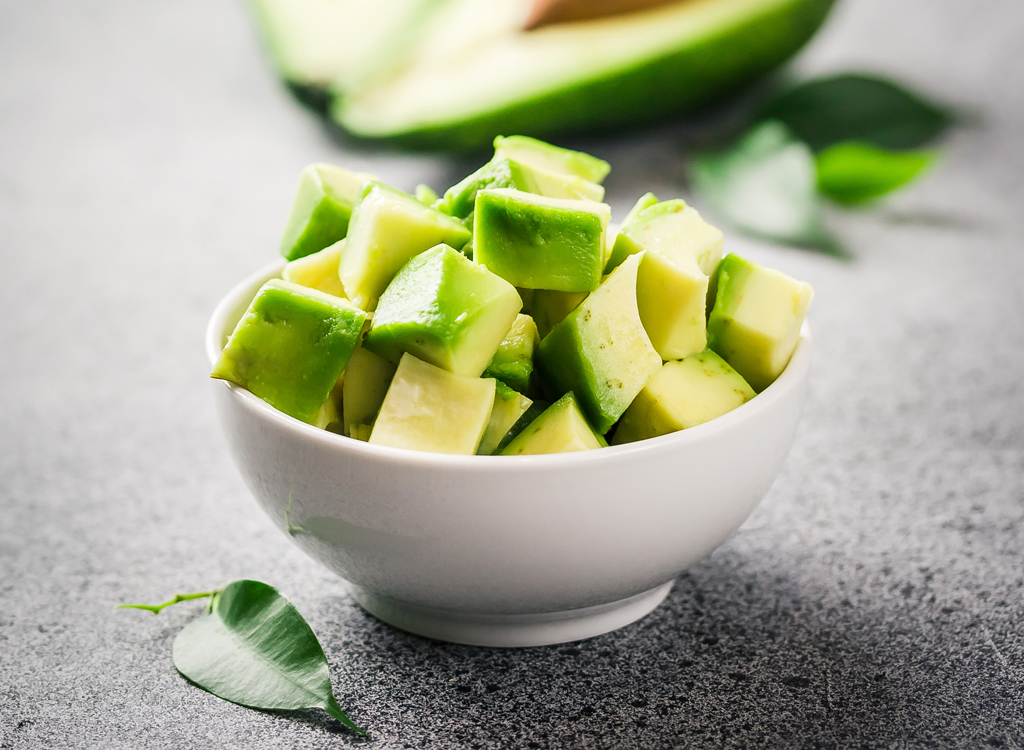
Holley says avocados are high in monounsaturated fats, the type of fat that promotes the good kind of cholesterol HDL, rather than the artery-clogging one known as LDL. « Keeping your cholesterol levels at desirable levels is recommended to decrease your risk for heart disease. Avocados are also a high fibre containing fruit, providing 3 grams of fibre per 50 grams serving, » she says.
Swiss Chard
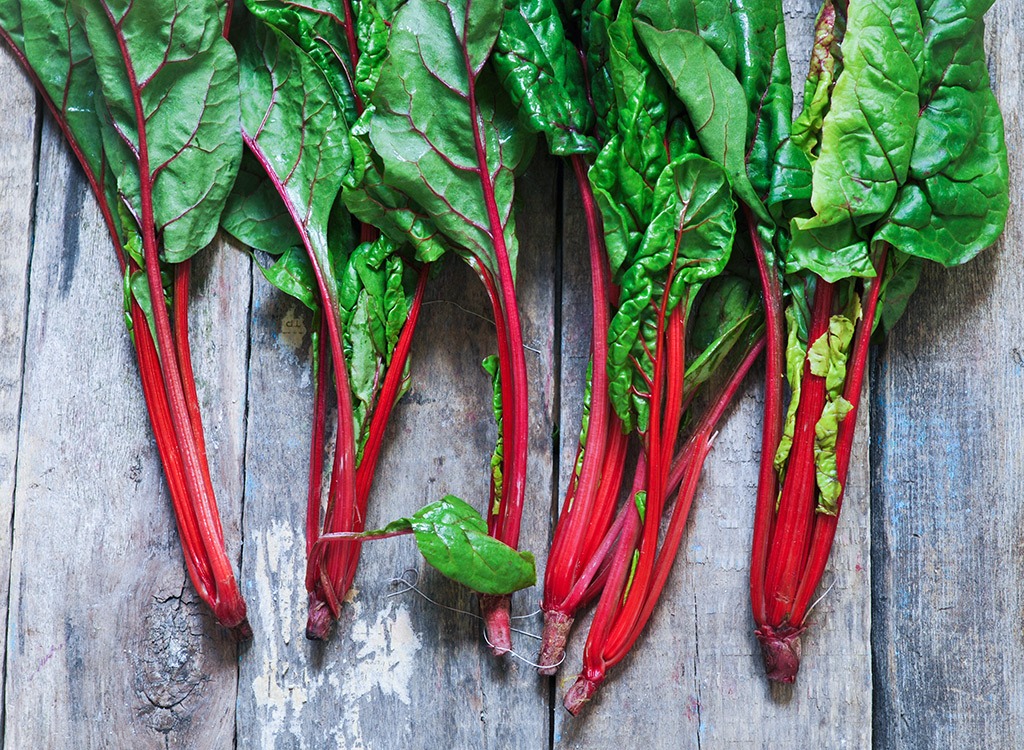
Boiling this leafy green can help you get a good amount of potassium in just one sitting. One cup of boiled Swiss chard lends 20 per cent of your daily needs of the mineral.
Swiss Chard is rich in potassium and magnesium, and these are nutrients that can help maintain healthy blood pressure. While some people find the taste of this green to be a little bitter, a squeeze of lemon juice can help brighten up the flavour.
Even more impressive is Swiss chard’s vitamin K content. One cup of the boiled leafy green amounts to 635 per cent of a woman’s daily adequate intake (AI) of the vitamin and about 477 per cent of a man’s AI. Vitamin K is essential for promoting both bone and cognitive health, and may even play a role in fending off cardiovascular disease in certain populations of people.
Potatoes: Stroke natural food
One medium-sized potato with the skin still intact contains just under 20 per cent of your daily needs of potassium. This is more than double the amount a medium-sized banana provides! Let’s say you were really hungry and ate a large potato instead. That would get you one-third of your daily needs of the mineral. Add more potatoes into your weekly meal prep to maintain healthy potassium levels to steer clear of high blood pressure and, ultimately, a stroke.
MAGNESIUM: Stroke natural food
Magnesium is a trace mineral that’s important for myriad reasons, including keeping bones strong. It also facilitates nerve impulses, and even prevents stroke. In fact, according to a handful of studies, the conclusion was made that higher magnesium intake is associated with a reduced risk of stroke. Here are four such foods that are chock-full of magnesium. The milligrams of magnesium for each food were retrieved from the United States Department of Agriculture Food Composition Databases unless noted otherwise.
Cashews
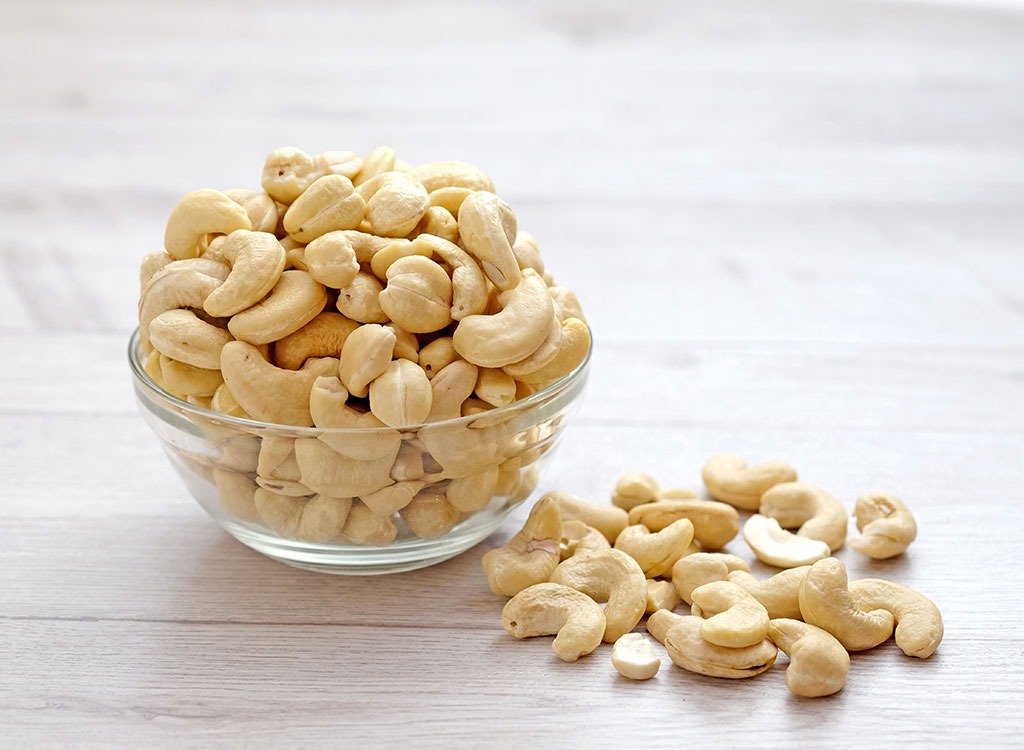
Only one ounce of these nuts contains about 74 milligrams. which is 23 per cent of a woman’s recommended dietary allowance of magnesium and about 18 per cent for men. Cashews happen to be one of the top sources of magnesium. according to the National Institutes of Health. Luckily, cashews can truly enhance a recipe (we like them in a maple-cashew apple toast recipe).
Spinach: Stroke natural food

We all know that spinach is a healthy vegetable. In fact, when eaten in tandem with dairy, the body is able to absorb a specific heart-healthy antioxidant found in spinach, which has been known to lessen inflammation and prevent cardiovascular disease if eaten over time. « This nutrient-rich vegetable is packed with carotenoids, vitamin K, folate, calcium, and iron, » says Holley. « Spinach also has a high amount of fibre—2.4 grams per 100-gram serving—which is known to lower your risk for heart disease and stroke. »
RELATED:
Pumpkin Seeds: Stroke natural food
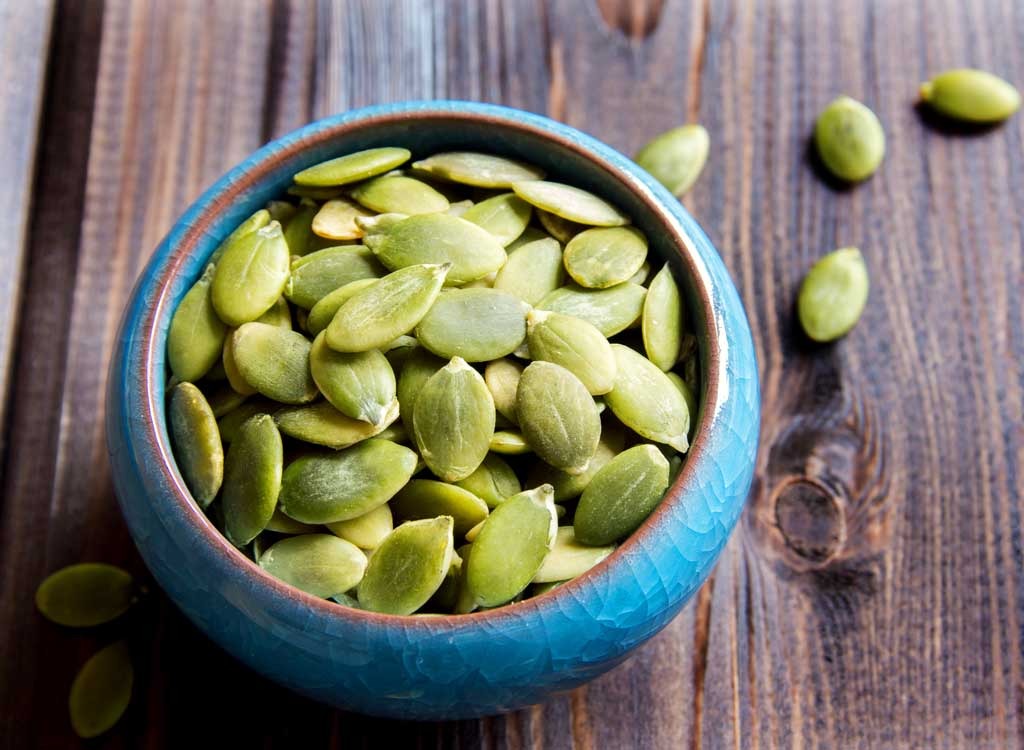
« These small little seeds are chock-full of nutrition, such as protein, magnesium, potassium, and polyunsaturated fats. They naturally contain antioxidants, which can help to reduce inflammation and therefore reduce risk of stroke, heart disease, [and] cancer, » says Holley. « They’re also an excellent source of fibre, which can help to balance blood sugar and reduce complications of diabetes, along with promoting gut health. »
Dark Chocolate
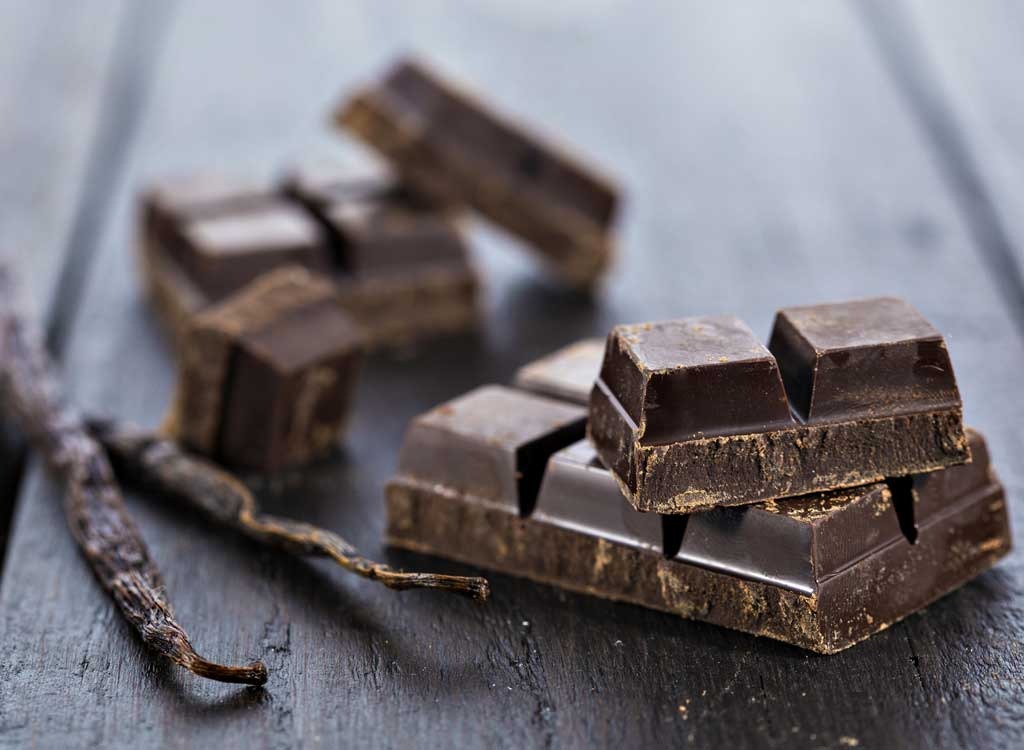
What if we told you that consuming up to six servings of dark chocolate a week could lessen your chances of developing coronary heart disease, diabetes, and having a stroke? According to a study in Nutrients, it’s very possible. Perhaps dark chocolate’s high magnesium content is to thank—per one ounce, dark chocolate (the 70-85 per cent cacao solids kind) provides 20 per cent of the recommended dietary allowance for women and 15 per cent for men.
« Dark chocolate contains higher levels of antioxidants, fibre, iron, magnesium, and other trace minerals, » adds Holley. « Phytochemicals in dark chocolate can help to open blood vessels and reduce blood pressure.
Guava
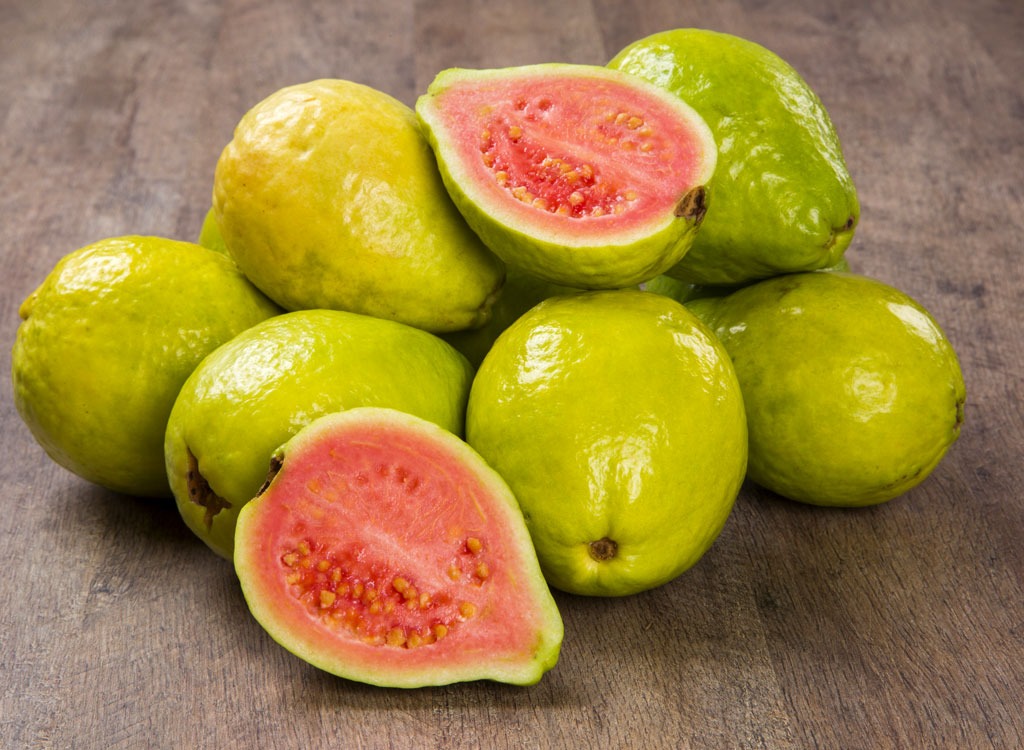
About 100 grams of this tropical fruit contains 5.2 milligrams of lycopene. It adds a vibrant hue to a fruit-topped salad, so consider adding it to your office lunch!
Watermelon
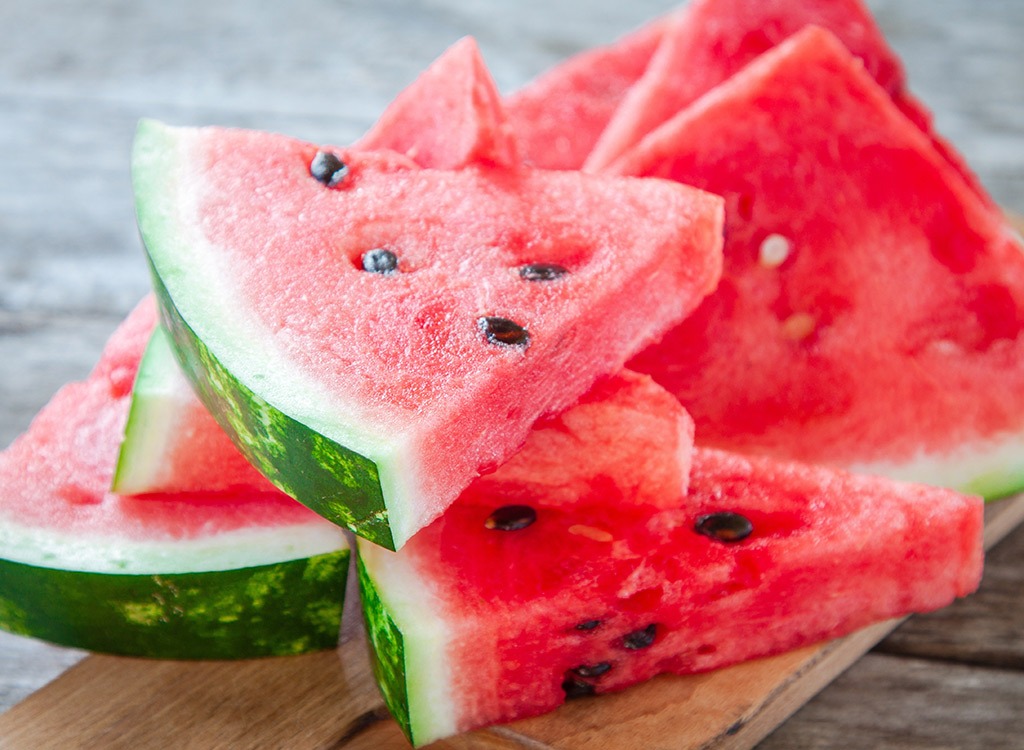
Watermelon is another lycopene-filled fruit. (Couldn’t you guess by its pigment?) According to a study in the American Journal of Hypertension, those who had prehypertension and ate watermelon ended up reducing their blood pressure. As we stated earlier, high blood pressure is correlated with stroke.
Pink Grapefruit

Grapefruit is also loaded with the antioxidant lycopene. Not a tart fan? Slice open one of these fruits and throw it under the broiler to caramelize it. and help cut back on the bitter flavour.
OMEGA-3S
Omega-3 fatty acids help to keep your blood pressure and cholesterol levels in check. both of which are capable of causing a stroke if elevated for years on end. Chong says the foods we have provided below are also good sources of selenium and zinc. all of which have antioxidant capabilities.
Salmon
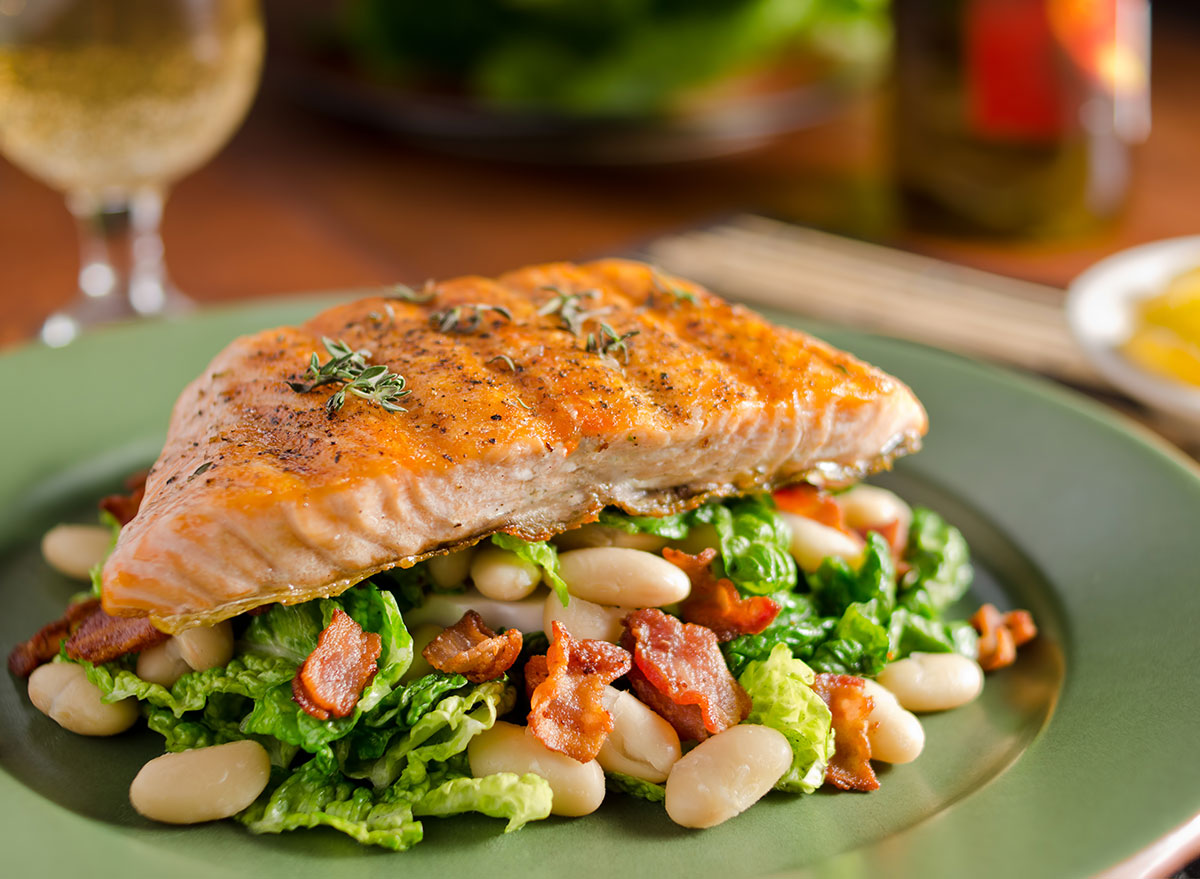
From research behind salmon, we discover its ability to prevent the onset of both heart diseases. It also prevents cognitive diseases such as Alzheimer’s disease and dementia. Omega-3 fatty acids are anti-inflammatory agent that works to clear plaque in the brain. It also works for arteries, especially those near the heart, Holley confirms.
Flaxseeds
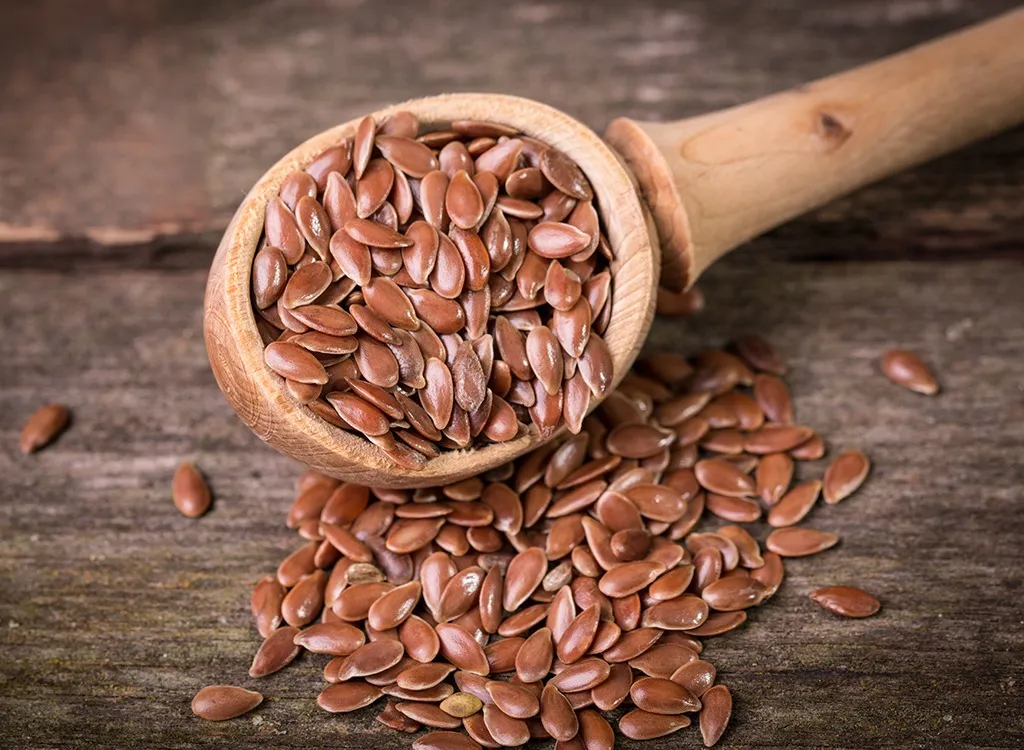
These seeds may be small, but that doesn’t mean they aren’t packed with heart-healthy vitamins and minerals. Flaxseeds are a good plant-based source of omega-3 fatty acids.
Walnut
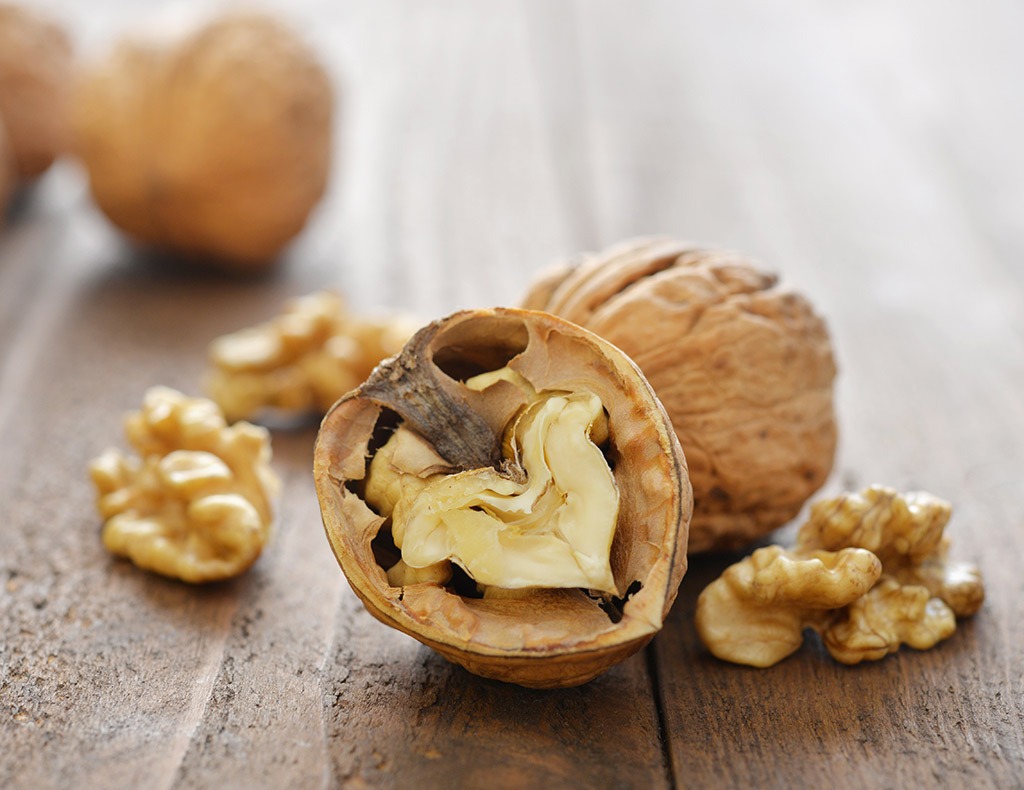
You can find a good source of omega-3 fats in just one ounce of walnuts (which is about seven nuts). « Over the years there have been several studies. These studies linked nut intake with lower blood pressure and cholesterol levels. Walnuts, in particular, contain polyunsaturated fats, including alpha-linoleic acid, » says Holley. « This type of omega-3 fatty acid can help with inflammation. » Sprinkle a handful atop your salad for a heart-healthy boost. or keep some in a reusable container for a midday snack!

Commentaires récents